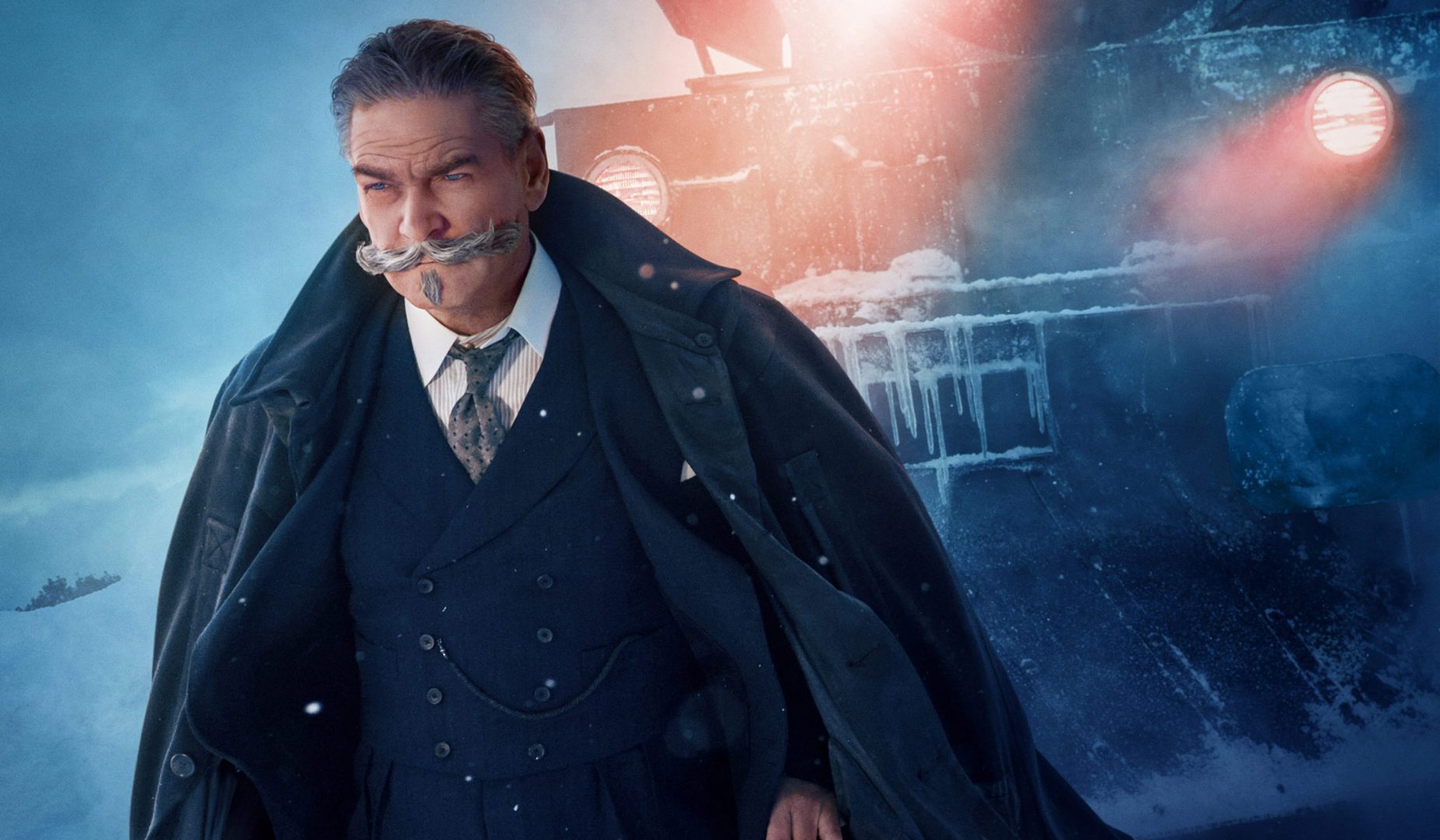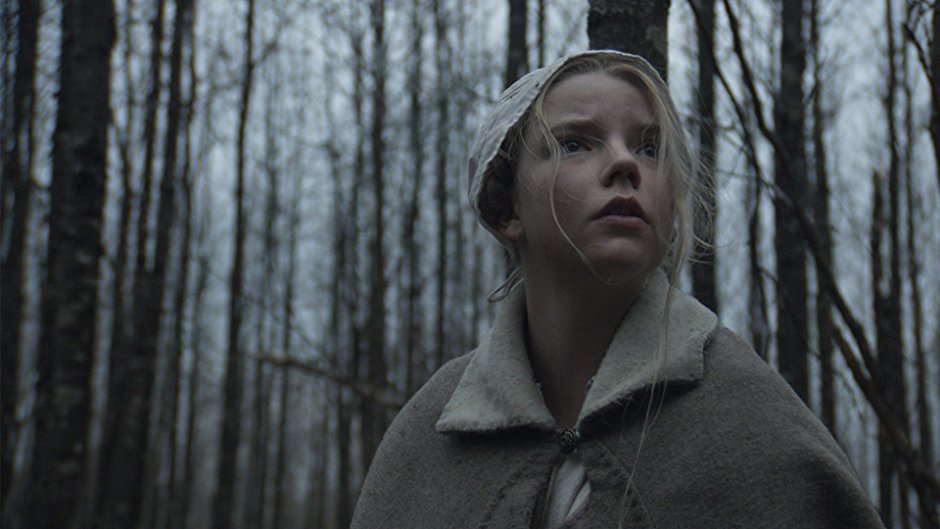Renowned director Kenneth Branagh (of literally every Shakespeare film adaptation worth your time) is no stranger to putting plays to film. He’s a man of the theatre, and is usually to his benefit.
Putting plays to screen allows the director to work with the source material almost directly, with little changes (a la Branagh’s “Hamlet,” which was over three hours long and consisted of the entire original manuscript).
Unfortunately for Branagh, and for moviegoers, the theatrics fell short in “Murder on the Orient Express.” Perhaps it’s because the source material is a novel and not a play. Perhaps it’s because the story doesn’t seem to call for over the top theatrics like you’d see on stage. Perhaps it’s because Branagh is getting a little tired and disconnected with mainstream and modern filmmaking. Perhaps it’s none of these.
It’s not to say that “Murder on the Orient Express” is a bad film. Not by any definition of the word. But the application of acting techniques utilized in the film take away from what the vision could have been. The plot is a classic detective mystery. A train full of twelve strangers, stuck together for days until they reach their destinations. A passenger is killed, and the train is stuck in snow. Onboard is the world’s greatest detective (probably), now tasked with solving the crime and bringing the perpetrator to justice.
But what happens when no one is willing to cooperate? The result is a star-studded cast (Daisy Ridley, Johnny Depp, Josh Gad, and Judi Dench just to name a few) essentially doing anything they can to keep from being truthful with Detective Hercule Poirot (Branagh). Misdirection, false truths, and multiple alibis litter their dialogue, frustrating both Poirot and the audience
Predictable is a word that disappointedly sums up the latter half of the film. Things the audience picks up on, yet the world’s greatest detective somehow can’t see until the end of the final act, are abundant. This viewer had solved the crime before the detective could, and the ending didn’t feel earned as a result. The ending also felt like a copout. Granted, this viewer has also never read the original novel by Agatha Christie, so he can’t say for certain whether or not the ending is shared between the film and the source material.
Performances were solid from everyone, especially Branagh. Performances took a strange turn in the final act, though, once the theatrics really started to pile on. A lot of overacting plagued the screen, again, especially from Branagh. But up until then, I was wholly immersed in the film.
“Murder on the Orient Express” is a good film, but not a great one. Perhaps Hercule Poirot could solve the mystery as to why a few directorial choices were made that caused the film to suffer.




